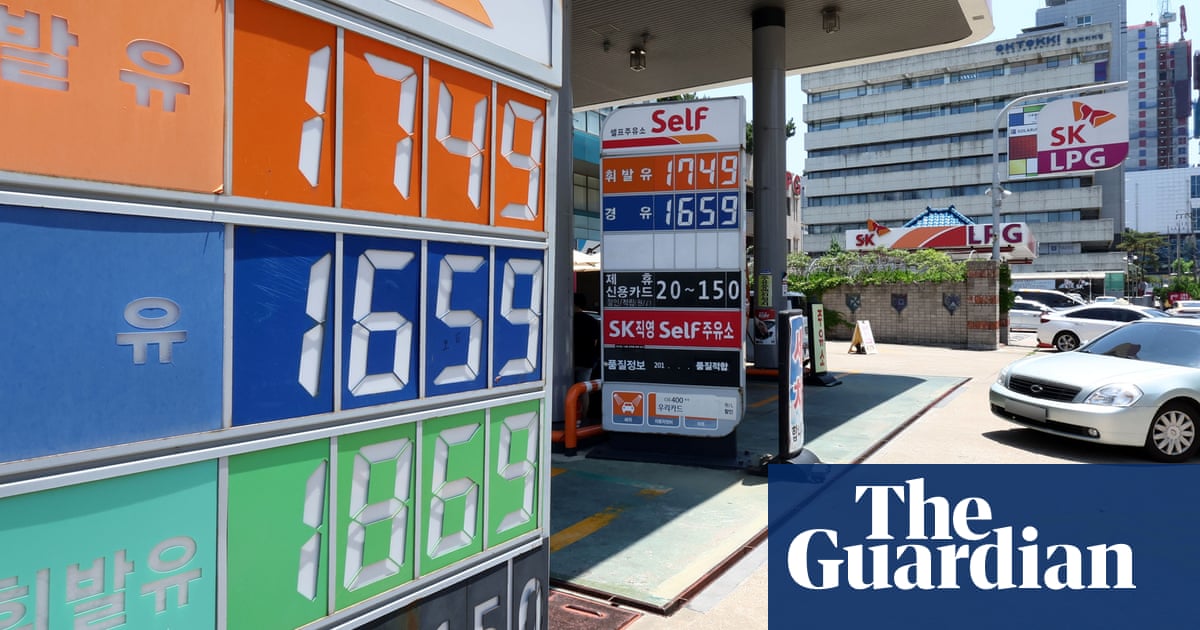Iran's Strategic Move: Potential Oil Price Surge Looms as Parliament Votes to Close Vital Shipping Route

In a move that could send shockwaves through global oil markets, Iran's parliament has voted to close a crucial shipping route, a decision poised to significantly impact the price of oil worldwide. This strategic maneuver underscores the geopolitical tensions that continue to simmer in the region, with far-reaching implications for international trade and energy security.
The Strait of Hormuz, a narrow passage connecting the Persian Gulf to the Arabian Sea, is one of the world's most vital maritime chokepoints. Approximately 20% of the world's petroleum passes through this strait, making it a critical artery for global energy supplies. Iran's decision to potentially close this route is not merely a regional issue but a global concern, as it threatens to disrupt the steady flow of oil, thereby inflating prices and destabilizing markets.
Iran's parliamentary vote reflects a broader strategy to assert its influence and respond to mounting pressures from international sanctions and diplomatic isolation. The closure of the Strait of Hormuz would serve as a powerful demonstration of Iran's capacity to leverage its geographic advantage in the face of external adversities. This move could be interpreted as a direct challenge to Western powers, particularly the United States, which has maintained a significant naval presence in the region to ensure the free passage of oil.
The potential ramifications of this decision are profound. A spike in oil prices could exacerbate inflationary pressures in economies worldwide, particularly those heavily reliant on energy imports. Furthermore, the closure could trigger a cascade of diplomatic and military responses, as affected nations may seek to negotiate or enforce the reopening of the strait. Such developments could lead to heightened tensions and even conflict, further complicating the already volatile geopolitical landscape.
As the world watches closely, the international community must grapple with the delicate balance of addressing Iran's actions while preventing an escalation that could spiral into a broader crisis. The outcome of this situation will not only shape the future of global oil markets but also test the resilience of international diplomatic frameworks designed to manage such critical junctures. The stakes are high, and the coming weeks will be pivotal in determining the trajectory of this unfolding narrative.
🔮 Fortellr Predicts
Confidence: 80%
The decision by Iran's parliament to vote in favor of shutting down the Strait of Hormuz, though not immediately binding, indicates a significant escalation in regional tensions. With a fifth of the world's oil passing through this strategic channel, any disruption is poised to severely impact global oil supply chains. Historically, the threat of closure often results in a speculative spike in oil prices, leading to potential inflationary pressures across global economies. The indirect effects of this decision could include a rapid increase in energy costs worldwide, disrupting markets and possibly catalyzing a global economic slowdown. In the immediate term, oil prices could rise sharply, reflecting increased geopolitical risk premiums. Key stakeholders, including the United States and regional powers, are likely to engage in diplomatic and strategic dialogues to mitigate the risk of full closure. Concurrently, countries dependent on oil imports might seek alternative suppliers to cushion against potential shortages. Over the next few weeks, attention will likely shift towards geopolitical negotiations, with a focus on de-escalation and maintaining open shipping lanes. However, without successful diplomatic interventions, a prolonged closure risks exacerbating economic instabilities, leading to global recessionary pressures. The situation also poses the risk of military escalation, particularly if Iran executes direct strikes or if regional allies perceive heightened threats, potentially drawing in global powers into a broader conflict.